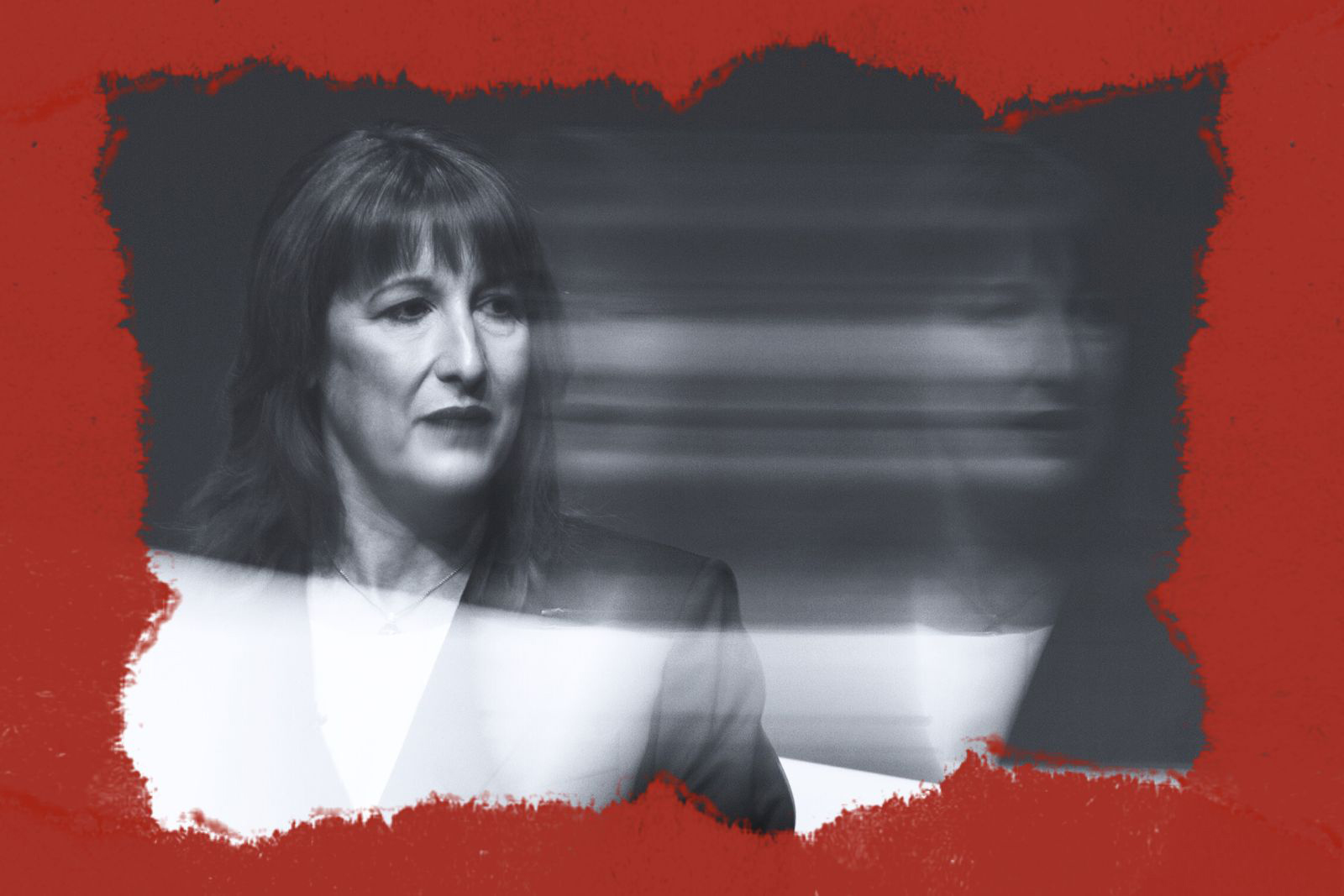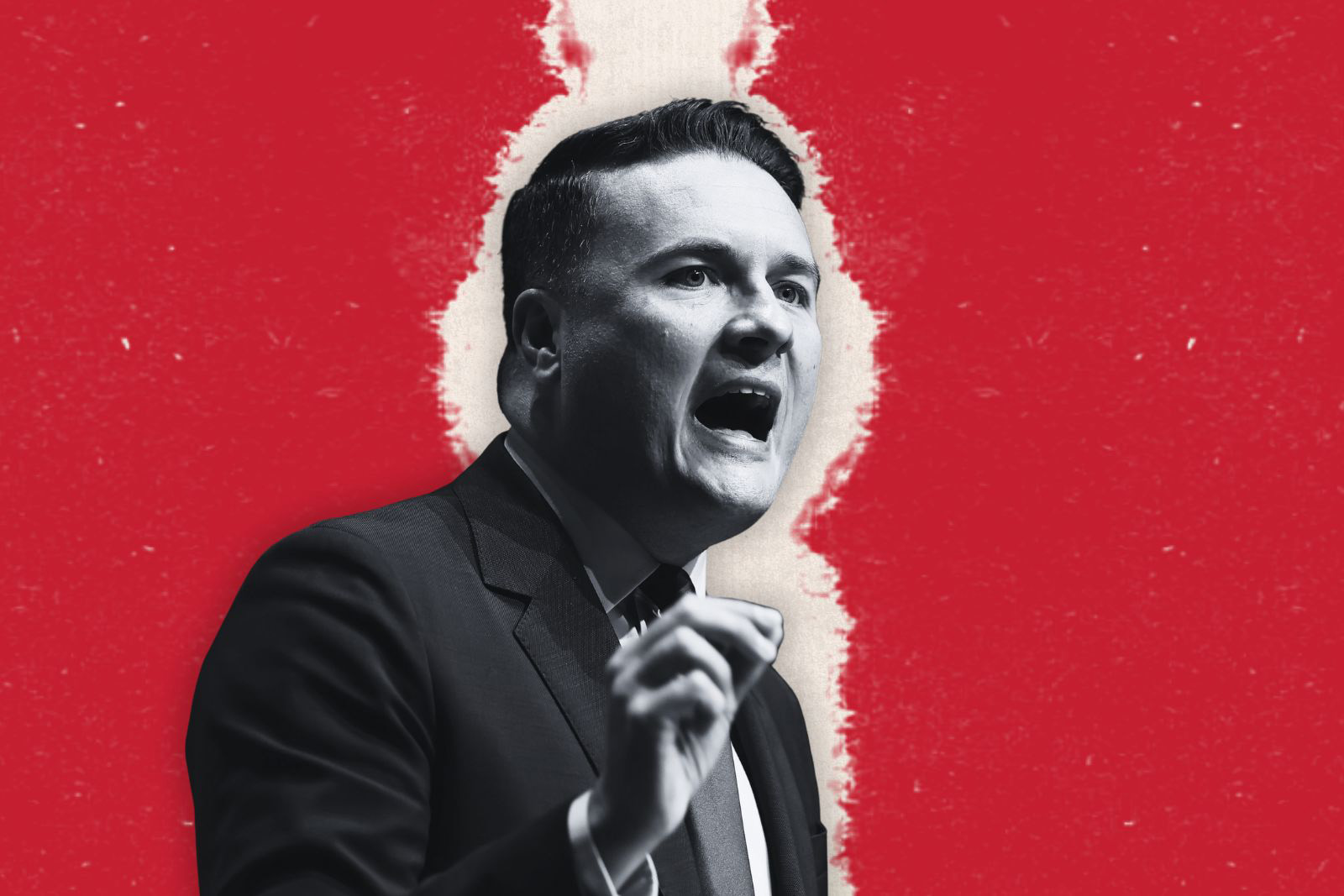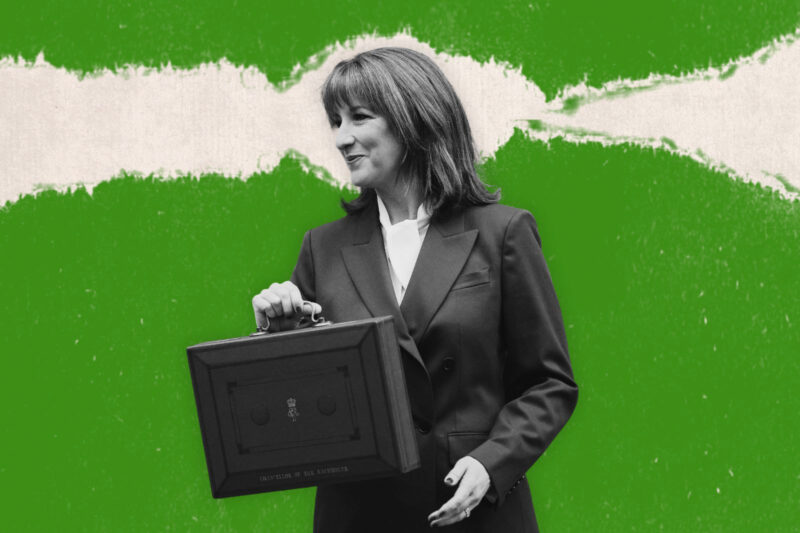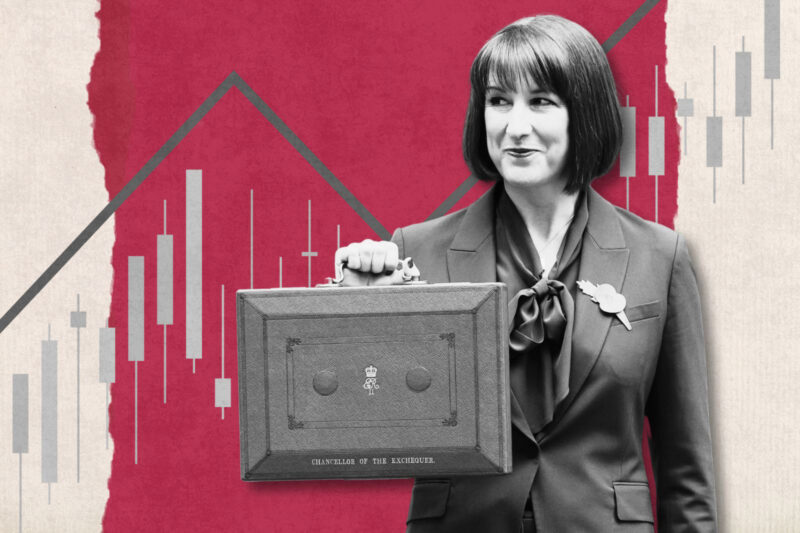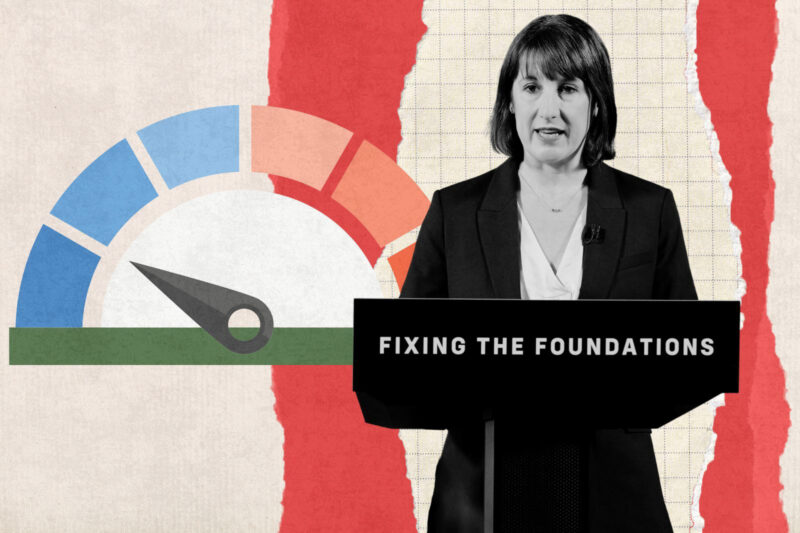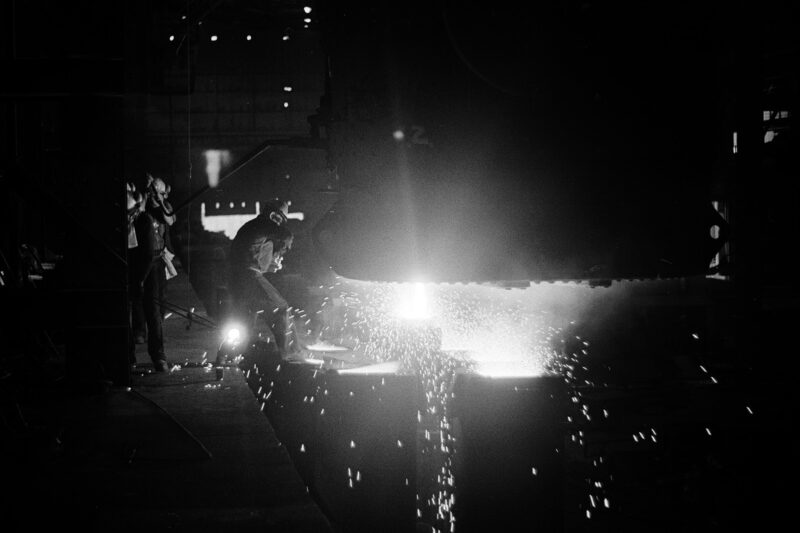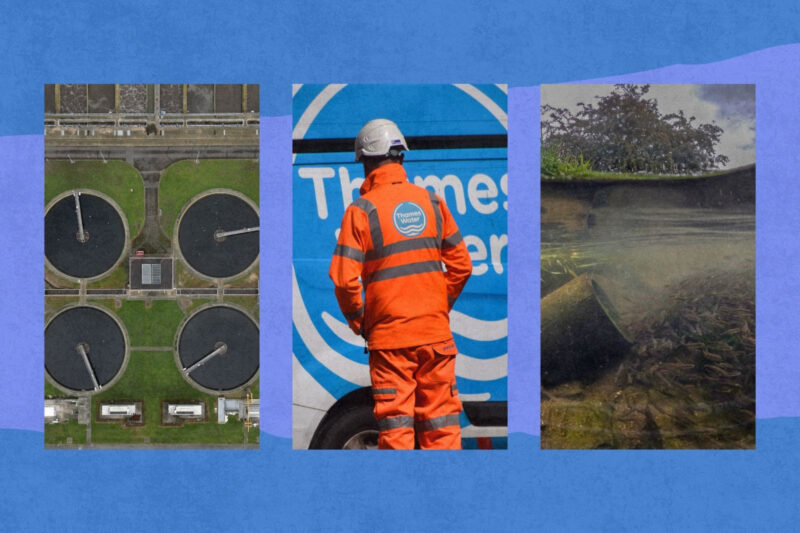Rachel Reeves’s pre-budget speech has done little to calm MPs’ nerves
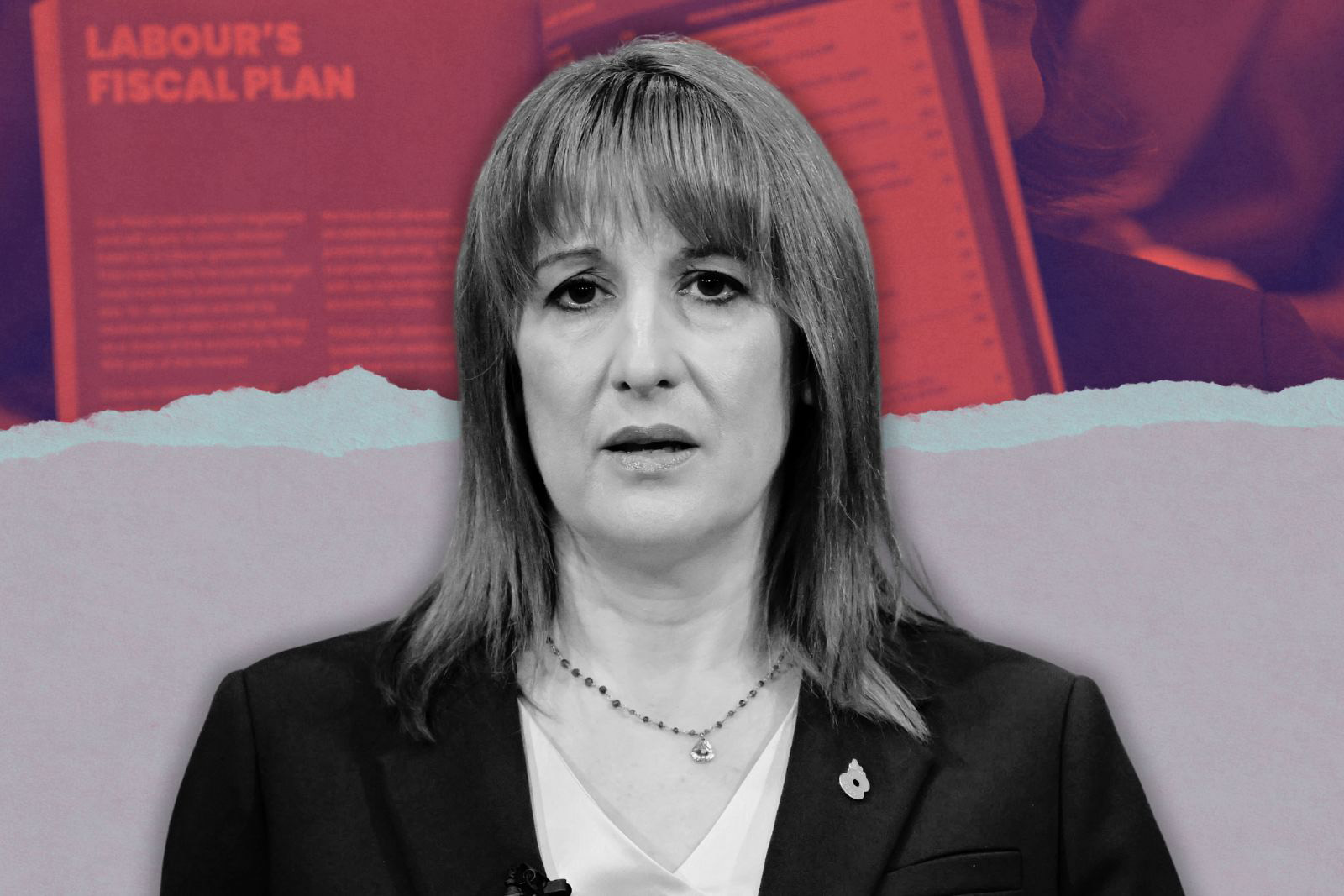
‘After 16 months I’m not sure blaming the predecessors for breaking a manifesto pledge that the Tories said we were going to break is going to wash’
It usually takes a national crisis to commandeer the morning airwaves. Interrupting BBC Breakfast or ITV’s Good Morning Britain is usually reserved for wars, royal deaths or moments of national peril — not fiscal housekeeping.
So when Rachel Reeves appeared live from Downing Street on Tuesday, asking for time and space as families buttered toast and packed lunchboxes, it was clear she wanted the country’s full attention. That in itself perhaps gives us an indication of the gravity of what we should expect from this month’s budget.
Reeves’s decision to offer a pre-budget speech was highly unusual. “It’s normal for chancellors to set context before a budget, but this is another level,” one economist told me.
Addressing the nation, Reeves talked about “necessary choices” after what she described as a world that had “thrown more challenges our way”. The inheritance she has received from the previous government is much worse than she expected, was the claim, and she wanted to “set out the context of the budget” so the public can know what to expect.
In political terms, that is as close as you can get to an admission that tax rises are coming in an upcoming budget. Yet when pressed on which taxes might rise, Reeves refused to go into specifics. Instead, she began the work of explaining why, a year after delivering her first tax-raising budget and vowing not to come back for more, she is in fact coming back for more — and why she may now focus on one of the big three she promised not to touch: income tax, national insurance and VAT.
She pointed the finger at poor productivity, for which she blamed Conservative government policy — including Brexit, austerity and “short-sighted decisions” to cut infrastructure spending. She also said persistently high global inflation and the uncertainty unleashed by Donald Trump’s tariffs had not helped. But the politics are perilous.
There are some in government who want this to be a one off big tax-raising budget that balances the books for years to come. The argument I have heard from them is that they believe it is better to take the pain in one go, rather than return annually. Essentially, they say, get this budget out of the way midway through the parliament and offer tax cuts later, once the country’s finances have been restored. That would likely mean increasing at least one of the UK’s income tax rates.
But public trust in politics is already fragile and the notion that Labour could break its own tax pledge so soon after winning power alarms many within the party. “I just don’t think there’s even the tiniest bit of forgiveness in the public if we do this. We’re doing badly already and they will say we lied to them,” one backbencher told me. A minister, meanwhile, questioned the strategy of blaming the Conservatives: “After 16 months I’m not sure blaming the predecessors for breaking a manifesto pledge that the Tories said we were going to break is going to wash.”
The evening before Reeves’s broadcast, Keir Starmer previewed her speech in a private address to Labour MPs. He spoke for about an hour, warning that the upcoming budget “takes place against a difficult economic backdrop” and that the government would “make the tough but fair decisions to renew our country and build it for the long term”. This was, he added, “a Labour government making Labour choices”.
It did little to calm nerves. One MP raised concerns to the prime minister after his address warning that he needed to be clearer about what the Labour Party now stands for — a pointed remark against breaking manifesto promises on tax. While a handful of loyalists expressed sympathy for the government’s position, the prevailing mood among MPs was summed up quite nicely by the face of a senior Labour backbencher when I asked her what she thought: a very expressive grimace.
A compounding problem for Labour is that it was warned about all this even before entering office. Throughout the election campaign, economists said the arithmetic was not adding up, and that Labour, boxed in by its self-imposed fiscal rules, may eventually need to break its manifesto pledge. So why not break the rules instead?
The answer is that most Labour MPs believe the electoral impact is likely to be worse if it does this. “The economy has become our achilles heel,” said one. “We can’t shift those fiscal rules because that’s how we got the country to trust us on it again.” (In fact, in an Ipsos poll earlier this year, just 15% of the public supported Labour sticking to the fiscal rules if it meant taxes would rise, while two thirds of the public said they knew little or nothing about what the rules actually were.)
The next three weeks will be dominated by speculation, leaks and political theatre. But the essence of the story is already clear. Reeves is telling Britain to prepare itself for a budget that will be painful both for her and for the rest of us.
Shehab Khan is an award-winning presenter and political correspondent for ITV News.
 Newsletter
Newsletter


